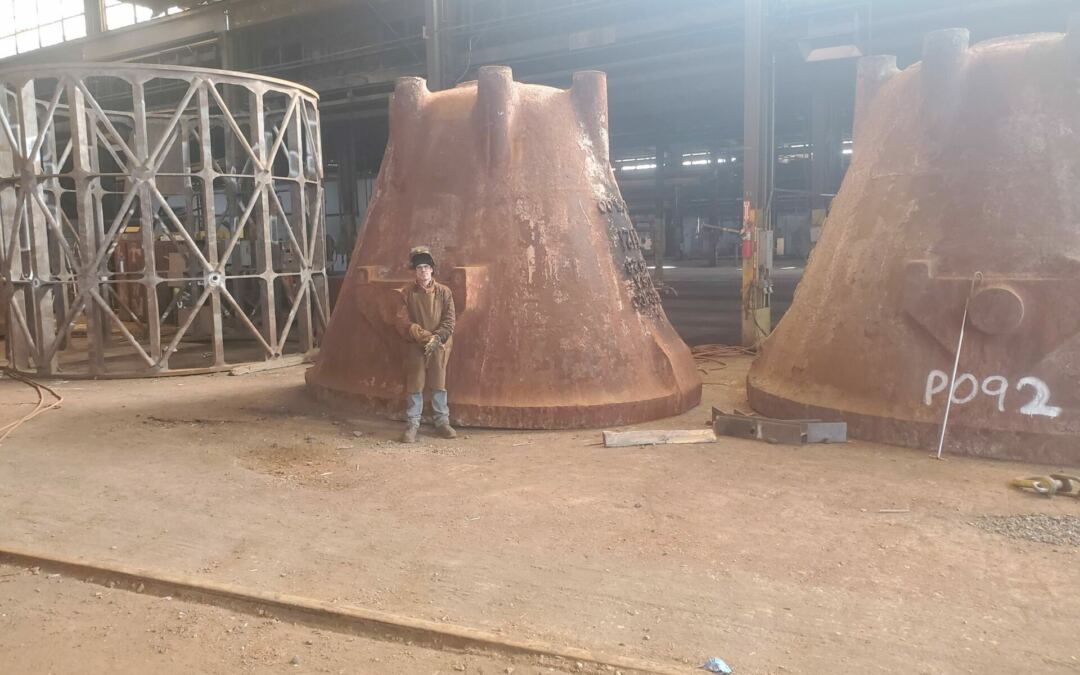Today, all of us depend on computer systems, whether or not it’s our primary pocket calculator, our cell phone, or our house PC. But do we have now the expertise to know if these computer systems are giving us the best outcomes?
In sure situations, we most actually do. For instance, when you tapped 13 x 13 into your calculator and it offered you with the reply 1234, then you definately would instantly know that this outcome was improper and you could then resolve to search out that elusive pencil and paper and return to the fundamentals we have been all taught in school.
Unfortunately, the identical logic doesn’t apply to extra subtle laptop programmes. Using these we are able to now analyse and design large 3D structural frames, produce CAM knowledge for automated manufacturing, inform us what thickness of fireplace safety to use, or decide the capability of huge and complicated (and even small and easy) steelwork connections.
So, ought to we be relieved or involved?
Like the maths query above, we are able to generally check the pc outcomes by utilizing extra conventional strategies reminiscent of comparisons to full-scale exams. And in case your workshop plant immediately begins to drill holes within the improper place then we are able to assess and repair the pc fault. We may even verify the design outcomes of easy laptop outputs by comparability to present (though probably conservative) design codes. But what if these design codes don’t exist or require a degree of interpretation given our rising want to design taller, longer, greener, and eye-catchingly iconic steelwork constructions?
Is this after we flip to FEA and place our full belief within the laptop programme? Or ought to we be turning again to extra tried and trusted strategies based mostly round hand-calculations which might be derived from the prevailing design codes that we perceive and are extra acquainted? After all, we haven’t made too many disastrous errors previously.
I’m in little question that our business’s future lies with the usage of laptop evaluation, however I strongly imagine that, although we have now now been utilizing computer systems for a few years, we’re nonetheless in a transition interval and should tread very rigorously. After all, it’s not simply the pc output that we must be cautious of, it’s equally right down to the pc enter. So, as we transfer from an business stuffed with engineers who as soon as relied on a pencil and paper, to an business stuffed with engineers who’ve grown up with nothing however computer systems, then we should be sure that we preserve the expertise and data which might be wanted inside our mixed ranks.
To make clear, I’m not saying that computer-reliant engineers gained’t have the required expertise and data to design and construct our iconic constructions of the longer term, this may absolutely rely on their {qualifications} and particular person path to the design group. What I’m saying is that we merely shouldn’t settle for what the pc throws out with out having an approximation of what outcomes have been anticipated. For me it’s easy, when you don’t know what the ballpark reply must be then you definately shouldn’t be urgent the button.
And talking of ballparks, as sports activities arenas around the globe develop into extra adventurous and aesthetically difficult, they’re the proper instance of the place the pc evaluation will help to create the distinctive mixture of structural excellence and visible pleasure. So, it appears that evidently I’m not an entire laptop non-believer in any case.
Gary Simmons, BCSA Deputy President
The put up Deputy President’s Column November 2022 appeared first on BCSA.

